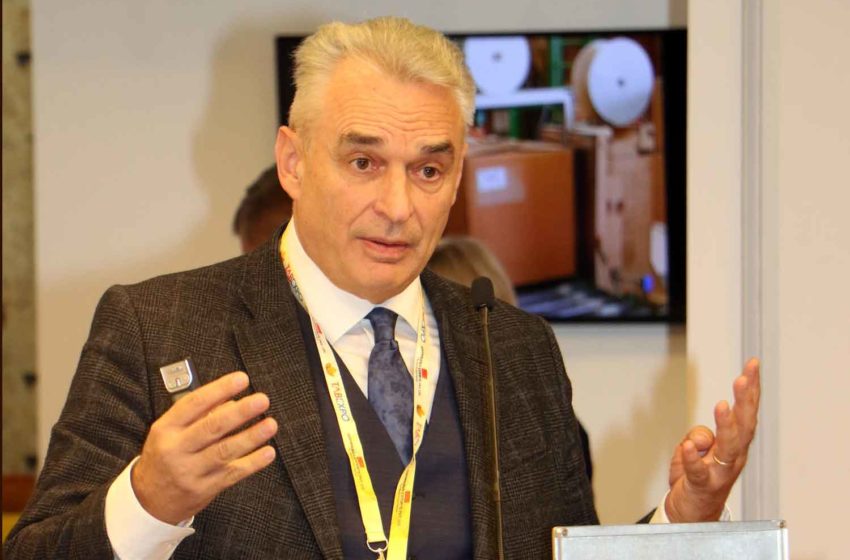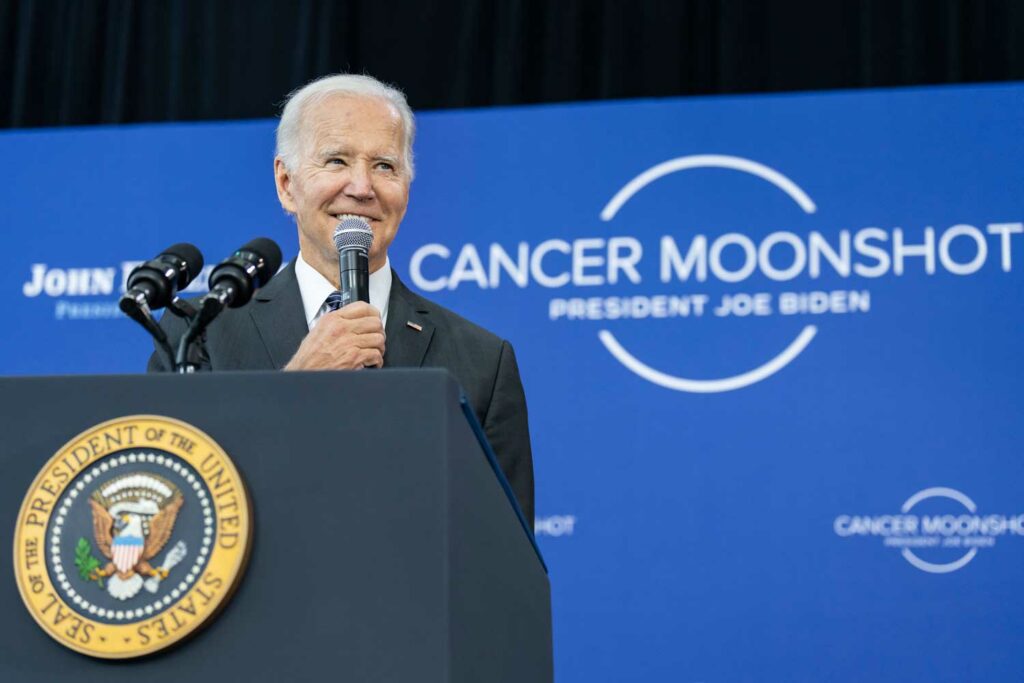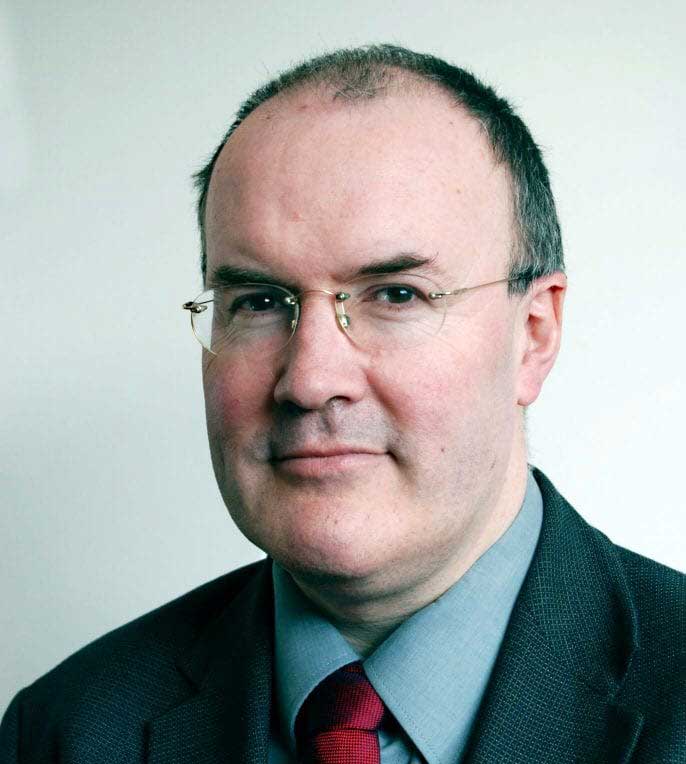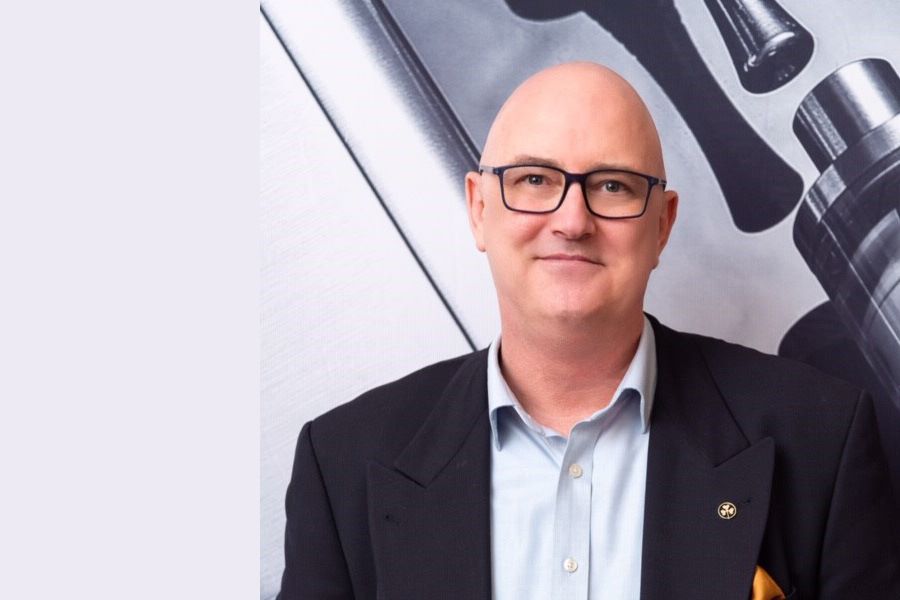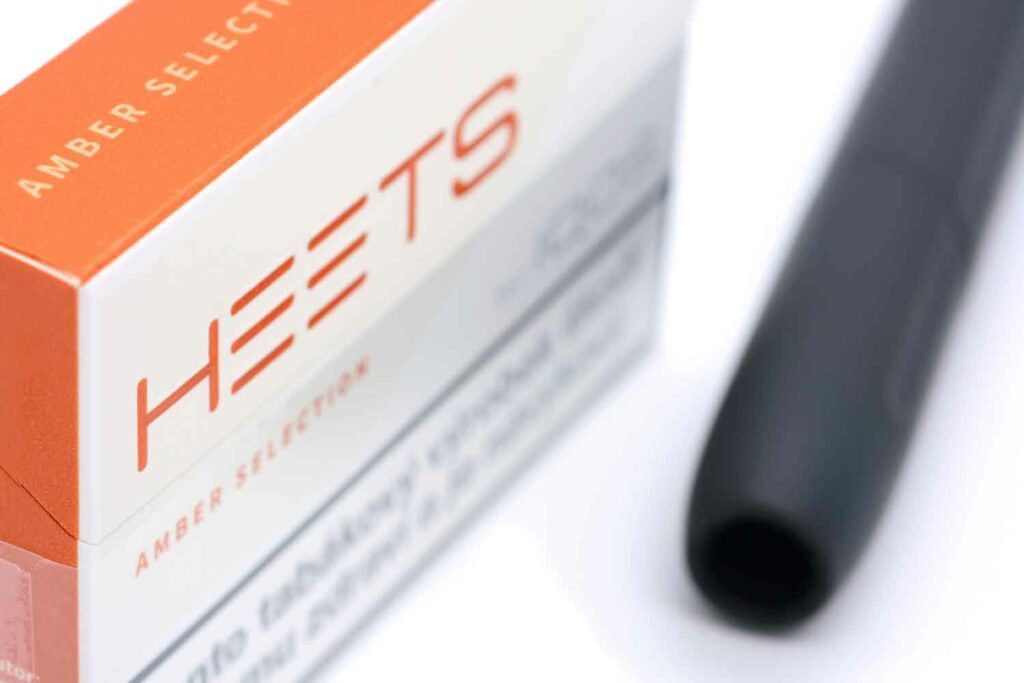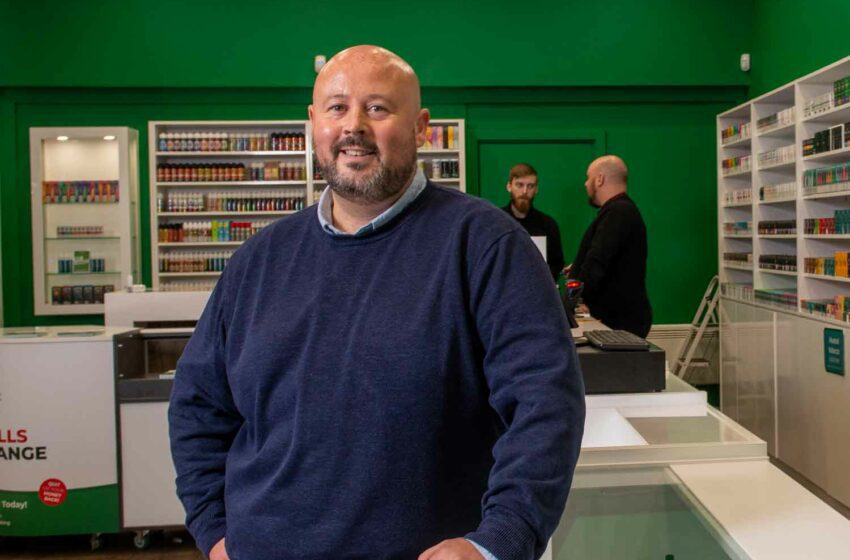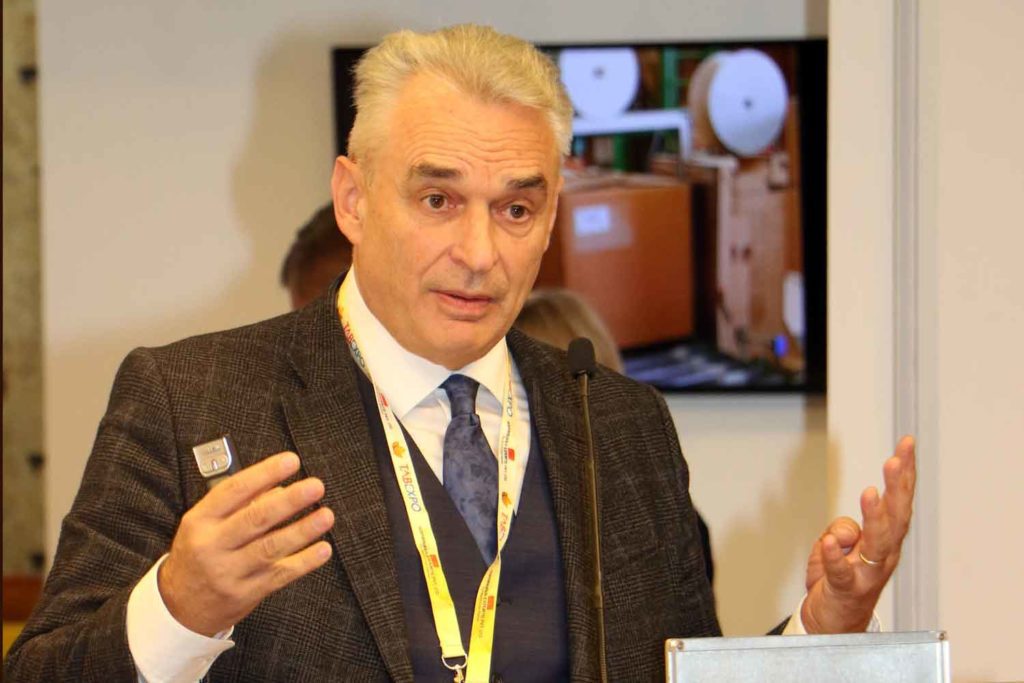
Leading international public health experts have expressed serious concern about Kazakhstan’s imminent ban on vapes as a “backward step” that contradicts the unprecedented success of more progressive countries that are dramatically reducing tobacco’s toll through the use of alternative nicotine products.
The Kazakh government’s intention to enact the prohibition by Jan. 1, 2024, endangers the lives of the country’s 3.2 million smokers who will be deprived of their best chance to quit their deadly habit, according to the Smoke Free Sweden, a movement highlighting Sweden’s progress in becoming smoke-free.
“We note with great concern this retrogressive move by the Kazakhstan Ministry of Health, which defies the extraordinary achievements of some countries that have adopted a progressive approach to modern products such as vapes and oral pouches,” said Delon Human, a global health advocate and founder of Smoke Free Sweden, in a statement.
“Around the world, alternative nicotine products are helping to save millions of lives by giving smokers an escape from combustible cigarettes. They are proven to be at least 95 percent less harmful than cigarettes and the most effective way for smokers to quit.
“To ban these reduced-risk products will simply condemn many smokers to stick with cigarettes and sentence them to an unnecessarily premature death.”
Human urged Kazakh authorities to emulate the approach of Sweden, which is on course to drop below a 5 percent tobacco smoking prevalence in the next few months. This is the level at which a country is considered officially smoke-free.
Sweden is the first EU country to achieve this milestone—17 years ahead of schedule—through its policy of making vapes and pouches available, acceptable and affordable to adult smokers.
“Quitting smoking like Sweden saves lives,” says Human. “Compared to the rest of Europe, Sweden has 44 percent fewer tobacco-related deaths, a cancer rate that is 41 percent lower, and 38 percent fewer deaths attributable to any cancer.
“Sweden is leading the way for other nations, such as the United Kingdom where the health service is giving free vape kits to smokers to help them quit. The government is funding the ‘swap to stop’ scheme with the aim of turning the country smoke-free by 2030.
“Meanwhile, only last month, the largest study of its kind in the United States confirmed the immense value of vapes as cessation aids. Researchers at Hollings Cancer Center in South Carolina found that vapes nudged people towards quitting smoking – even those who had entered their trial saying they had no intention of quitting.
“Such evidence is compelling and should be ignored no longer. If Kazakh authorities are serious about saving lives, they should be following the science and offering affordable access to vapes, instead of blocking this proven ‘fire escape’ for smokers,” concluded Human.

